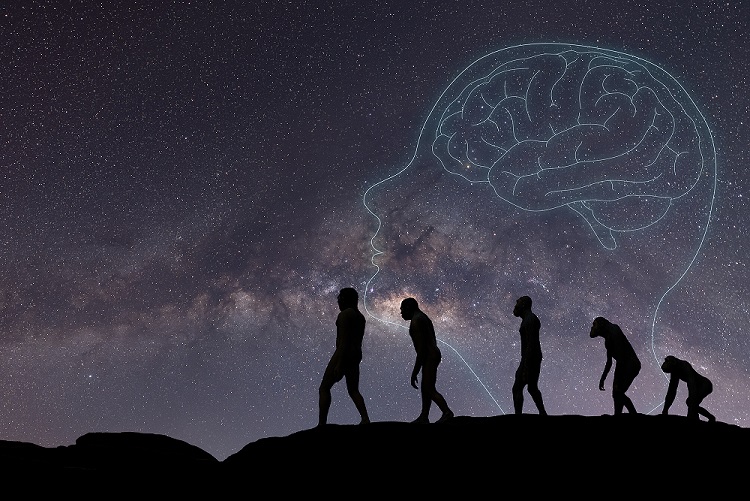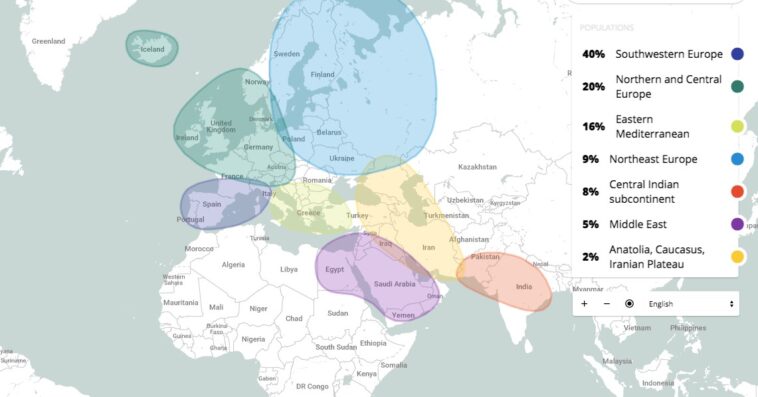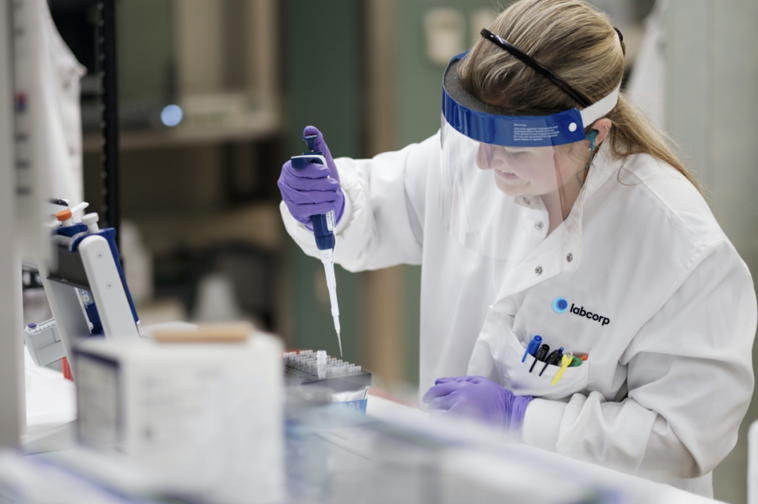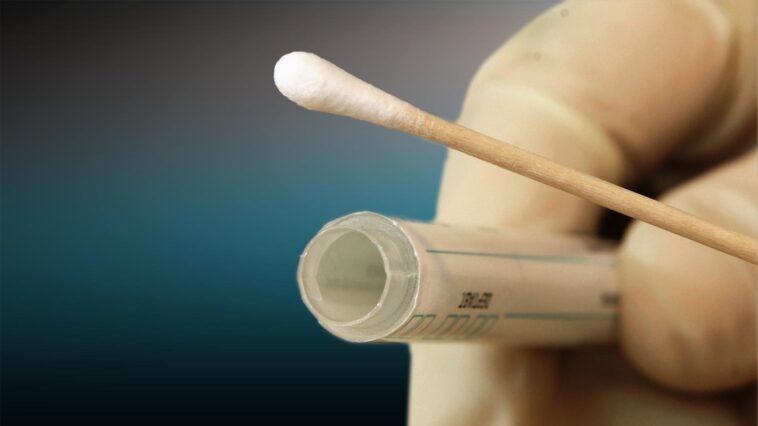One of the most interesting things is human DNA. Such a topic is an inexhaustible source of information and interesting facts that are difficult to ignore. Ultimately, everyone wants to know as much as possible about their ancestors and geographic origins.
You must have heard a lot of useful information from your family members, but now you can go one step further. You can conduct a DNA analysis and get complete information about where you really come from.
It’s an opportunity to find out your family tree roots, where you’re really from, and unlock the treasure trove of information found in your DNA. If you want to know more about the latest and unique technology for processing genetic data, read more about the DNA test and its possibilities.
1. How is a person’s genetic background checked?

In order to identify the place where your DNA signature was conceived, it is necessary to search a huge database. However, it is not as difficult as it seems. Your DNA signature is compared to other populations from known geographic locations. During the analysis, the latest technology is used, with which accurate data can be obtained very quickly. Since every human population consists of a mixture of different gene pools, it is necessary to go back in time to untangle the ball of truth.
Don’t forget that individual migrations were rare back then. The mixing of genes was not so common, because it would only happen when people moved from one area to another. For example, these are invasions or mass migrations. Generally, the incoming gene pool is mixed with the local one, and the consequence would be a new gene signature for the entire population.
2. What is the gene pool?
You’ve probably heard this term many times, but you probably don’t know what it actually means. Ancestral origin is another name for the gene pool. It would be a collective set of genetic information that is characteristic of a particular region.
The gene pool would be due to limited interaction with outgroup populations. The molecular geneticists who founded CRI Genetics informed us that the problem arises when a given population consists of a mixture of several such gene pools.
3. How reliable is the DNA test?

Through DNA analysis, you can get information about ethnicity, but also much more than that. Ethnicity refers to the culture you belong to, language, religion, tradition, etc. However, belonging to a particular community is not necessarily of a genetic nature. Definitions of a particular ethnic group should also be distinguished.
For example, if you are adopted and want to discover your family this test is a great option. It will help you find out where your family comes from which is a great start. Based on this information, you will start your search and find a solution very quickly.
Often at least one of the parents is of mixed origin, as the grandparents are from different places. In that case, the middle paths of their migrations are followed. You would be surprised by some of the results, because it happens that your DNA comes from a region that no one in your family remembers anymore.
4. Can I find out my ethnicity with DNA analysis?

Now that you are familiar with the DNA test and other concepts, it is clear to you that there can be many surprises. Although you can’t get precise results about ethnicity, you can get insight into your genetic background. As you know, the term ethnicity has changed throughout history. Today, individuals can choose how to identify themselves.
They themselves decide on the way of cultural expression. However, there is also an artificial category. For example, people tend to associate a person with a particular ethnic community based on physical characteristics. If you want to know your genetic ancestry, then you are probably interested in biogeographical ancestry.
5. What does the testing procedure look like?

A panel of reference populations is obtained by collecting DNA samples from individuals. In order to create a database of samples, projects such as the 1000 Genomes Project and many others are planned. Preferred candidates are people with deep roots.
Their location is an equally important factor to consider. There are other conditions that candidates must meet. For example, one of them is the number of grandparents they must have. The ideal candidate will have 4 grandparents coming from the same country. This also applies to the region.
The samples are then analyzed and sorted according to defined numbers. Any outliers are removed and the genes are named based on the present-day countries they represent. Don’t forget that political boundaries have nothing to do with it.
Clients are compared to a reference population, and the end result is the percentage in which they are close to certain populations. However, the number of populations depends on the company you hire. If you want to match with as many populations as possible, find a company that has a large database.
6. What are the advantages of DNA analysis?

In addition to satisfying your curiosity, you will get much more information than you bargained for. It’s an opportunity to look at the bigger picture of your genes. This would be the guideline for any other analysis you might do. For example, many of them indicate genetic diseases that run in your family. This also applies to human characteristics.
All information you receive is strictly confidential and you do not have to share it with other people. They will not be in your insurance or other documents. The price is very affordable, and it is enough to do it only once in your life. Collecting the sample is simple and non-invasive, and you get the results in a short period of time. Although the data is stored in a database, it will remain anonymous. This data is stored to be used in medical research.
Conclusion:
Thus, the results of this analysis provide you with biogeographical information about your genealogical heritage. The principle of the test is very simple and allows you to trace connections in a unique family history. This means that you will get information about the locations that your ancestors called home.





